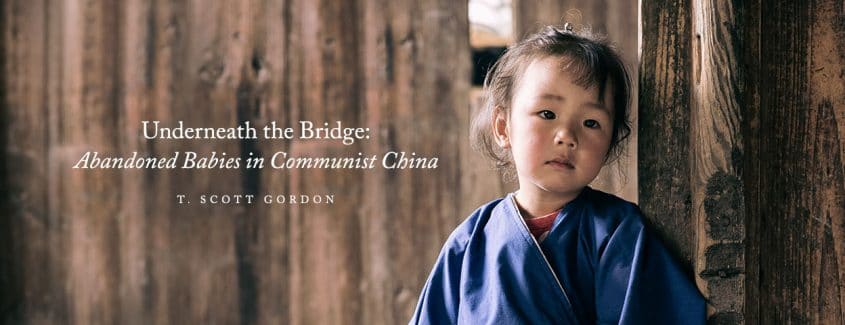
The New York Times recently ran an article on how the lives of Chinese women were made “much better” under communism. It was a shocking article, prompting a number of rebuttals. The article made me think back to my time in China and what I witnessed there.
For the academic year running from the fall of 1987 into the spring of 1988 I worked as an English-as-a-Second-Language (ESL) teacher for a Christian education program in the People’s Republic of China. I taught ESL to the Communist Party cadres of Shanxi Province at Taiyuan University of Technology in Taiyuan, Shanxi, a city of about 2.5 million people at the time.
The university campus was my “work unit” and all work units unavoidably were subject to provincial oversight by the Chinese Communist Party (the only legal political party). The work unit could find itself in trouble or questioned over the issue of the number of children that a family had. The work unit could be reprimanded, or have funding cut, if it did not toe the party line on the one-child policy. China was entrenched in the “one-child policy” as a misinformed method of population control. Among other errors with the policy was the fact that China is and has been a patriarchal culture and society. A traditional Chinese saying goes like this, “from your mother you inherited your skin, from your father you inherited your bone,” meaning what is maternal will wither away, whereas what is paternal will last forever. So, if you were limited to one child in China, a boy was the preference to carry forth the paternal name.
To assist the government, store-front sonogram centers—generally associated with a hospital—offered parents the fiendish convenience of gender identification in utero. Thankfully, some parents did not abort their child; however, because of family pressures, or work-unit pressures, they chose to abandon their female infant, just for being a girl, or abandon a boy infant who suffered with a congenital illness or blemish.
This ugly reality presented itself every week under the traffic bridge that led east from the campus to Taiyuan city across the Fen-he River. Abandoned infants would be left under the city side of the bridge (usually a Sunday or Monday morning, after the weekend break). In fact, you could hear, and I did hear on occasion, infants crying as you rode your bike across the bridge on a quiet morning.
The infants would be gathered up by the state orphanage and minimally cared for until some family (usually an expatriate family) would adopt them—if the babies were fortunate. My students had informed me of the rescue process that the newborns experienced. I personally felt their embarrassment for the whole process and the desire to show that there was a notion of care within the society. One must also assume that given a population of this size, unwanted teen pregnancy would account for some of these newborns being abandoned as well.
I was not granted permission to visit the orphanage in Taiyuan. However, I did visit a provincial orphanage in the southern province of Guangdong in the late 1980s. As I am sure was the case in most Chinese cities at the time, room after room held infant, toddler, and pre-school girls. Because of infrequent holding and care, I saw girl toddlers exhibiting the effects of isolation—staring blankly at a toy or staring out a window. Human interaction as a social skill is taught incidentally as we live together in multi-generational community, which these young girls did not experience in their lives. The toddlers were kept in cribs or walkers, as a small staff of female caregivers focused primarily on the infants.
While mostly girls, a few boys with severe congenital problems were also housed in this orphanage. Physical conditions of malformed heart valves, hydrocephalus, and severely cleft palates are what I encountered—God bless them!
The crux of it all: here was a communist society pushing aside faith and freedom in a systematic attempt to rebuild a country the way that its supreme politburo determines. Yet, women birth children, children need families, families build countries, and the Chinese Politburo Standing Committee’s one-child policy completely skewed this whole divine dynamic. I personally know a Chinese family who left their home city of Tianjin because their family of two daughters (their oldest was born in China; their youngest was born in America) would have been discriminated against by the communist policy.
To be certain, there are millions of wonderful Chinese Christians and Chinese families in China who love their country and families while daily they take great risk and make great sacrifices to preserve life, family and home.
And thankfully, there are always souls who strive to support and love “the least of these.”


